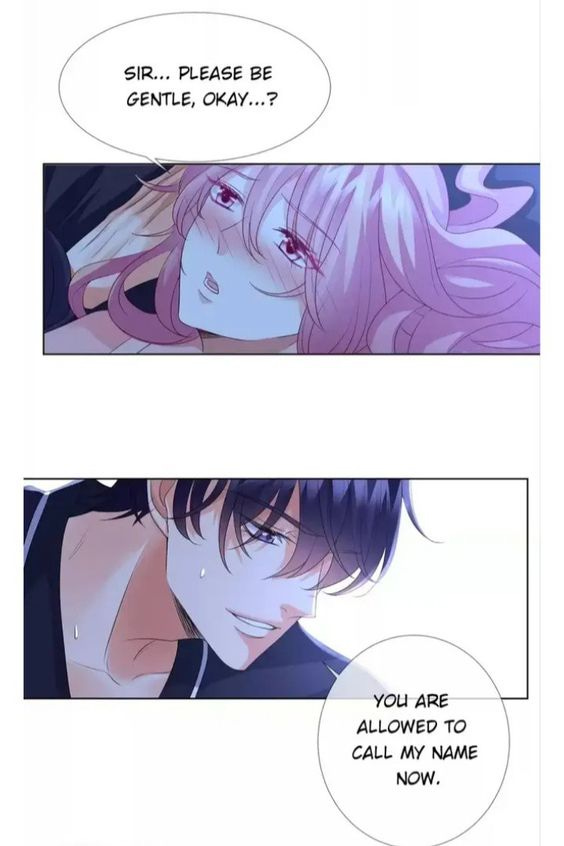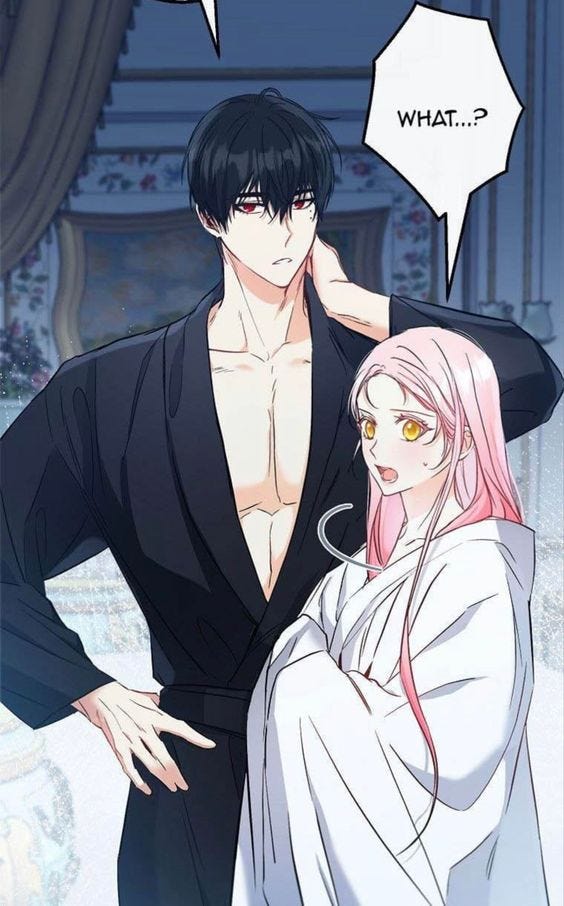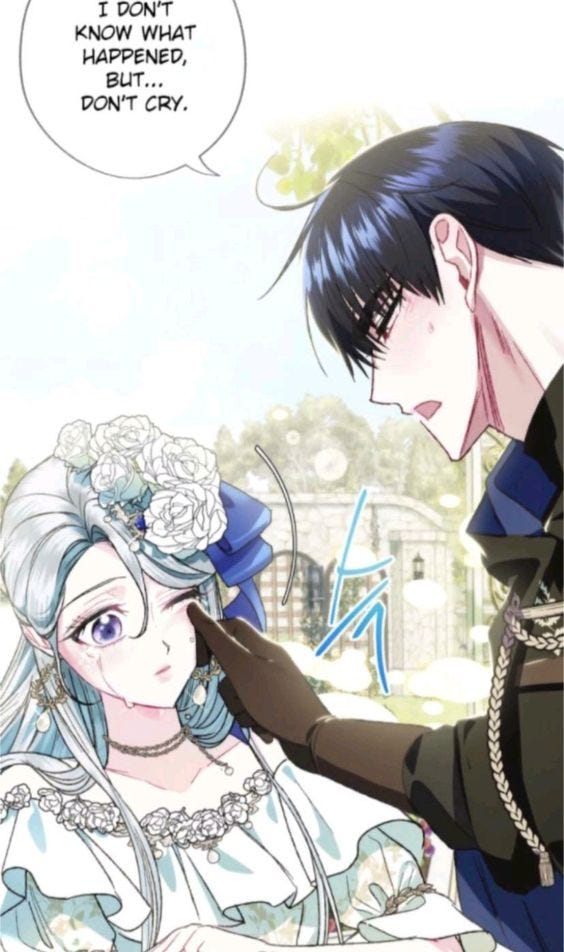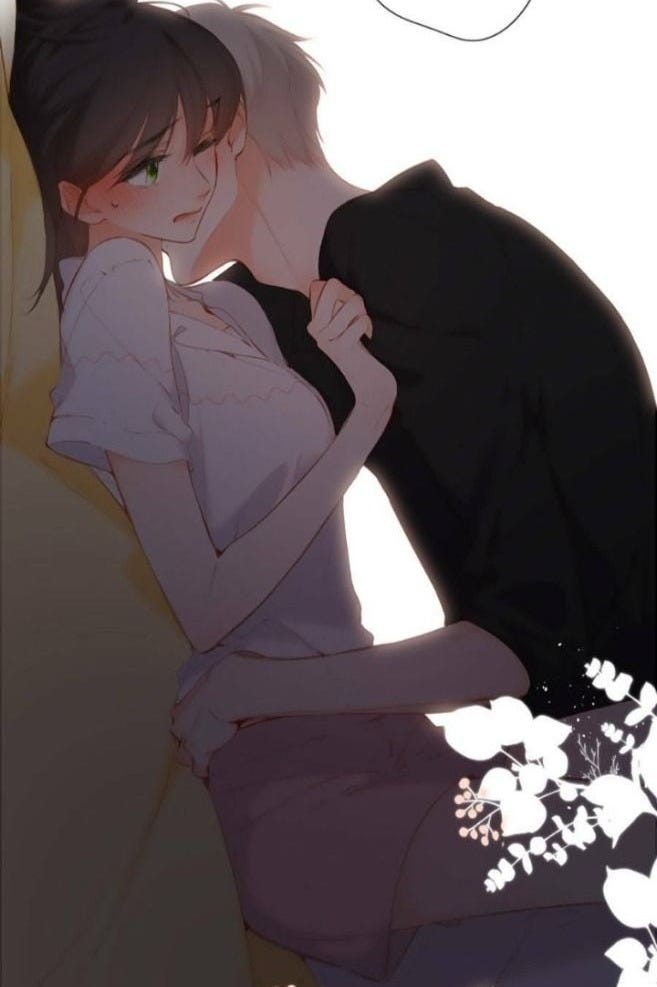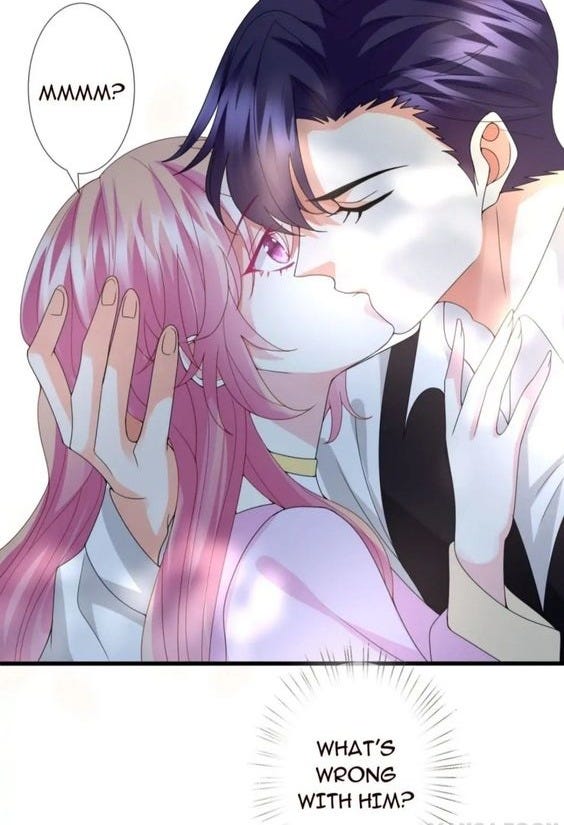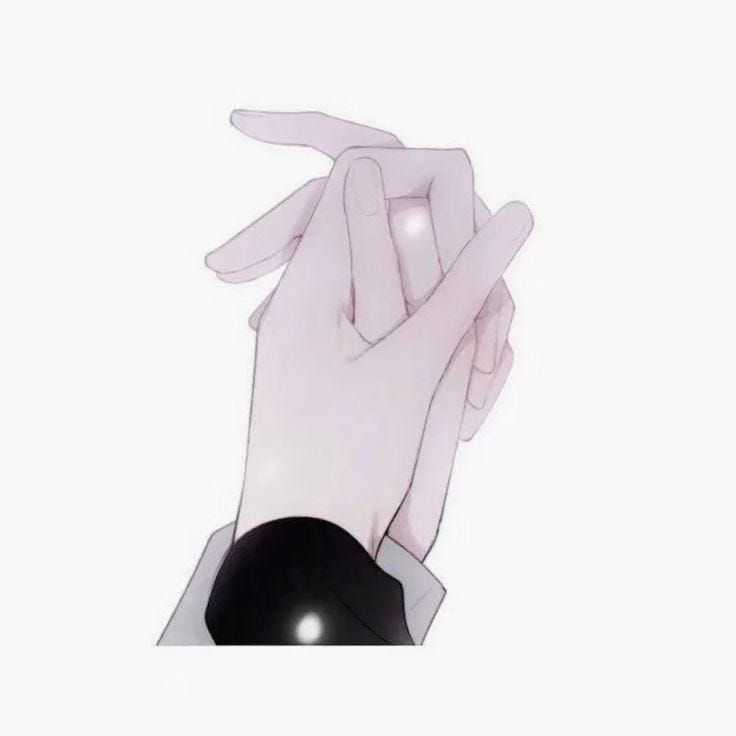KOREAN MANHWA AND
SEXUAL
TORTURE
COMEDY (lol)
FANTASY
Sexual taboo and smut that partly defines the art of Korean Manga, aka Manhwa, is a unique expression of political and cultural norms within Korea (or so I’m led to believe), that is commentating on government corruption within different parts of Asia today. Namely China and South Korea though, where Manhwa is concerned.
Controversially, Manhwa is also drenched in a soap opera style theme, with a trashy soap opera style plot driven narrative. Think Passions or Melrose Place. This makes these stories seem both important and completely obsolete at the same time. Rare?
The Manhwa Dimension
The Manhwa dimension is both of this world and not of this world. This new world/unworldly world of Manhwa, tends to incorporate themes of love, power, money, sexual consent, rape, BDSM, government corruption, control, gang wars and gang members in South Korea and some non-reality based scenarios throughout also, that only a cartoon can get away with, most of the time. These stories usually incorporate within them, seemingly inappropriate comedic undertones, misplaced next to some hardcore scenarios like gang rape and slavery.
Erotic or just Ew?
The erotic side of the narrative surprisingly often includes themes of sexual torture, which obviously also exists in our reality and I’m sure operating very often in all of Korea, China and the west also, today. However, in this reality sexual torture is not classified as erotic, but again, Manhwa is fantasy.
However, the sexual consent, or lack thereof, within Manhwa stories, while quite obviously rape in this reality, within the rules of society among the pages of a Manhwa, we are lead to believe that what is called rape here, does not hold the same emotional baggage as in a Manhwa reality. Rape can lead you to your dream life with a billionaire husband, who happens to be super good-looking man, who is possibly the president of the country you are in also, in a Manhwa. Tied together with a nice story of boy meets girl, that’s sprinkled with comedic moments throughout, of course.
This style of storytelling seems pretty schizophrenic, by presenting rape as less about consent and more about the acceptance of sex as a forced act, played out in most relationships, however, bearing no emotional consequence for any longer than a few minutes, if at all, you are heading towards all sorts of potential psychotic illnesses. You can probably start to see where the reality line is blurred between us and Manhwa about now right?
Instead, the Manhwa chooses to explore the dominance and submission that plays out within a typical rape dynamic, aka power play. This style of sexual relationship is heavily intertwined into most of the stories of these types of comics.
The paranoid president forces her to be with him
Sexual taboo has long been part of Japanese and Korean visual storytelling. This open and taboo exploration of sexuality is evident in contemporary Japanese manga, where erotic genres, from romantic Shoujo, to more explicit styles of manga and Anime, address a range of adult themes and fantasies. Korean manhwa, although emerging more recently on the global scene, has become highly popular due to its modern, polished animation and having alot more adult provocative narratives than Japanese Manga.
It's hard to classify a Manhwa as fantasy, because there are no unicorns or dragons in the stories. But this is how one must approach watching or reading a Manhwa, just as that, as a fantasy novel. This is because, as I stated above, the stories are very unlike this realities norms, especially when sex comes into play, which is a lot.
The Patriarchy is Let off the Hook
It’s not just men writing these narratives either, my favourite writer of Japanese Manga is a female and she 100% always crosses sexual consent boundaries, that end up having to be interpreted into a BDSM scenario, or else it would become rape, and I prefer not to have to think of it that way. This is the beauty of cartoons, you don’t have to be politically correct, because it’s not meant to be taken seriously. Or is it? Do cartoons need to take responsibility on how they portray real life, often traumatic scenarios, from this reality, in their reality?
I don’t believe they do, the whole point in animation is to take you out of this reality so why would I want it to be exactly the same? Make it the opposite I say. Granted it needs to still be relatable for me to care, however, I still want to be taken to places that I can not go here, as a human being.
BDSM or Rape?
I instead choose to see any issues of sexual content in manga, as more scenarios of BDSM and I have done a little research into the correlation between BDSM and manga, and it turns out this correlation tends to be significant. It’s more likely they are touching on sexual scenarios of BDSM, not rape. Korean Manhwa 100% has themes of sexual torture and rape however, they are themes needing to be put into perspective and place within it’s own fantasy world, where this behaviour aka rape and sexual torture bear no emotional consequences, like they obviously do in this reality.
The patriarchy is not to blame either for the placement of comedic sexual torture themes in Manhwa, not immediately anyway. This is partly why I find it inoffensive portrayed in this art form. It’s almost as if they are asking my consent to play with these themes, because they tend to be delivered quite politely and respectfully within a satirical narrative that I find quite funny and entertaining. Manhwa doesn’t rape you with rape (in other words).
But I am ok with taboo relationships also.
STRAY CAT AND WOLF RECAP// DISCUSSION AND COMMENTARY CHAPTERS 5 & 6 (I THINK)// SEX CULT w/ VERITY. ——- PREMIERE FIRST, THE MUSE VIDEO AT THE END XO
This video will be available at 12am. Subscribe to my youtube channel @sexcult1 youtube, i go live a bit. So yo shall be updated when i do if you sub. xoxo
WHAT IS RAPE WITHOUT EMOTIONAL DAMAGE? (ELM ST)
In many Korean Manhwa stories, particularly those geared toward adult readers, themes of dominance and submission appear prominently. These dynamics appeal to readers by exploring fantasy-driven relationships where conventional power structures are exaggerated or inverted and used to make women perform sexual acts that they don’t want to perform usually. That, or they end up hating the fact they did it and sometimes just literally classifying the sexual encounters as torture. This sounds horrible from a western consent-based perspective, but from a fantasy world where this is commonplace and is a norm that doesn’t harm the people it’s being done to for life (characters do not put any emotional weight on these experiences, for for long anyway ), then this is how it can all become ok. This is also achieved by removing any emotional damage from the acts and more importantly, making the acts happen within a world that is very unlike the world we live in here.
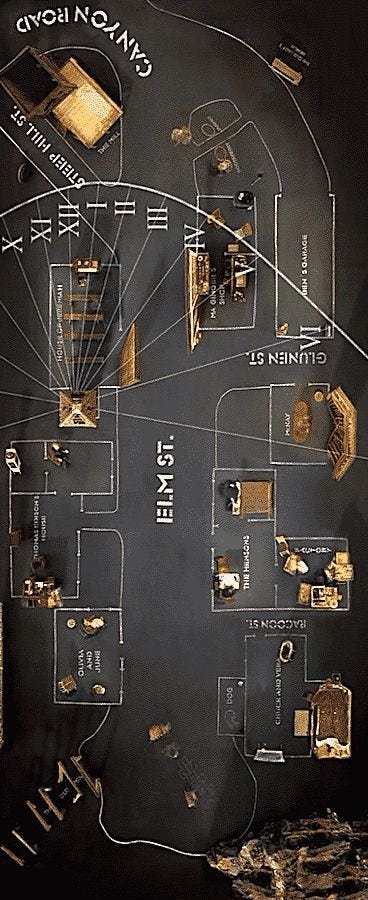
DOGVILLE
Dogville, is a film by Lars Von Trier, and it is one of my favourite films. This film is a long metaphor for how sadism works chronologically in all it’s different stages. Dogville, is also a film that makes you feel like a sociopathic crazy person, because we as the audience are made to feel more victimised from three older small ladies breaking into out apartment and breaking our collection of ugly porcelain figurines, than when we are being raped 15 times a night in a barn, by the same 15 men for months over and over. While in the daytime, we are being made to clean and do work for the same people raping us, with a huge medieval ball and chain scenario going on, attached to one of our legs.
Why would our ugly porcelain figurines carry more emotional damage to us then the rape and ball and chain scenario?
Because the narrative takes place in an other-worldly alternate dimension. The writer transports us away to a reality that is not at all like the reality we live in now, but plays out themes that are very possible in this reality and dimension. This creates for us an emotional detachment, that I personally became involuntarily and allowed me to experience emotionally traumatic themes like rape, the way a sociopath might. Rape, acted out in a reality that looks somewhat like our normal reality, is a lot harder to watch than rape carried out within a dytopian reality (see the picture above of what Dogville looks like).
Considering we are not sociopaths, and do understand a woman being raped 15 times a night in a barn, is probably a very horrible emotional experience to go through, our knowledgge that this woman is going through a traumtic event, and the opposing experience of not really caring as much because it’s being played out in this ridiculous other worldly place, is where the beauty of this film lies for me. This film turns us all into Manhwa characters, basically. To feel very little while watching a woman be raped a lot of times in a film, creates for us an ability to break through typical ideas of these traumatic reality based themes, and start turning our perspectives around to look at them differently, for a change. This is a very important part of what it means to think about anything for me in this reality, all the time. However, it not favourably practiced with trauma based scenarios, but its of my opinion that this is where they should be practiced the most.
Bias is Nice, but Bias can Stop You..
One of Manhwa’s most important aspects, especially where sex is concerned, is within the perspectives we currently hold on consent, and the common portrayal of relationships that challenge our perceptions of sexual consent, within them. This can also extend to domestic violence and control in relationships.
This blurred approach is sometimes problematic, raising discussions around morals in storytelling across the west, but why I cannot understand. If the narrative is completely fantasy based, then why does it need a discussion of political correctness in the first place? Life is not an Anime tv show, quite obviously. Taking this seriously means we now have to take the Exorcist movie seriously also, which is delusional.
A Manhwa can only appeal to us by viewing these narratives as fantasy and not literal representations of acceptable behaviour
Embrace My Shadow
One of the main themes played to death in these Manhwa’s is the billionaire dictator or dominant figure narrative. A world of wealthy, powerful and larger than life very good-looking men who tend to engage in relationships with financially or socially weaker women. Embrace My Shadow, a popular Manhwa of this genre, explores these typical cliché themes of dominance and control best of all.
Embrace My Shadow follows the story of a powerful government official who manipulates women, including purchasing a teenage sex slave, Coko Ming (her name is). The narrative delves into the complex power dynamics between wealthy, high-status men and vulnerable women who lack power and control in their lives. This Manhwa narrative resonates with audiences, partly due to the fantasy element of being in a relationship with an influential, dominant partner, who is very 101 protype ALPHA MALE billionaire, while also mirroring broader social issues in Korea and beyond, where economic disparity and traditional gender roles are still prevalent. These include issues such as sexual slavery and human trafficking. Manhwa doesn’t choose easy political issues to touch on, it goes straight to the most brutal. I am of the belief that there tends to be quite a prominent exchange of humans from Korea to China consistently in this reality, so it is only natural this will be a theme played out satirically in a animation, where they can get away with it. Similarly, they can also get away with making fun of the villains of these styles of Manhwa, who tend to be the Chinese government and the billionaires that reside within it, evidently.
The storyline of Embrace My Shadow has been interpreted by some readers as a veiled critique of political and economic dominance, possibly reflecting tensions between South Korea and China. In recent years, Korean media, from movies to animation, has increasingly addressed themes of class disparity, power, and the exploitation of women, commenting on both domestic and international sources of misogyny. The exploitative relationships in Embrace My Shadow can be seen as both a narrative tool and as social commentary, symbolising the contentious power dynamics that shape international relations between these two countries.
South Korea’s Perspective of the Chinese Government
This narrative is the most honest telling of the relationship between South Korea and China today one could argue also. These politically based narrative, show us how Koreans view the Chinese government and their morals. In short, it seems that Koreans probably just see the Chinese government and how they corruptly operate as kind of joke. It puts the relationship in a light where Koreans also feel slightly above the Chinese, where intellect is concerned.
The “Jolts”
I like being taken out of my comfort zone and being made to think from different perspectives. This is what art is for me. I was listening in on Werner Herzog talking about the “jolts” being more important where the story or any part of any art form in concerned, during a documentary of one of his films, where one or two of the cast members died. Herzog, talked of there being no point in film making for him if his work does not contain these “jolts.” By “Jolts,” Herzog is referring to the moments in film or moments that come from art, that wake the audience up too much broader perspectives or wake the audience up to previously unseen realities that have been there all along, without notice.
Yei Bei-Ming
This is how I like to approach life, living only for the “jolts” and if it wasn’t for them, then I would not be interested in living it anymore. I’ve found these “jolts” within Manhwa, and I believe it is these challenges that Manga and Anime present to a western audience, that is it’s attraction. Anime is a 65-billion-dollar industry and growing and for good reason. I believe one main reason is because we all want these “jolts,” which is a threat of something challenging our current beliefs and therefore jolting our perspectives on life by the time we are done. Its why art will always be meaningful and why Ketamine will continue being a popular recreational drug.
It’s nice to see that these “jolts” are obviously more in demand than one might think, since Donald Trump got back into power, one could feel lost in a world full of dumb. However, within this idea of the “jolts,” and the challenges to our perspective given to us by art forms such as Korean Manhwa. I find myself more hopeful for human beings on into the future…
…but actually Trump getting into power seriously makes me uneasy.
Love Verity.
References;
Allison, A. (2006). Millennial Monsters: Japanese Toys and the Global Imagination. University of California Press.
Denison, R. (2015). Anime Aesthetics: Japanese Animation and the Cultural Construction of Cool. In A Companion to Media Fandom and Fan Studies, John Wiley & Sons.
Kinsella, S. (2000). Adult Manga: Culture and Power in Contemporary Japanese
Society, University of Hawaii Press.
Thorn, M. (2005). The Great Comic Book Heroes. Fantagraphics.
Orbaugh, S. (2003). “Japanese Fiction of the Allied Occupation: Vision,
Identity.” In Japan After Japan: Social and Cultural Life from the Recessionace, 1990s to the Present, Duke University Press
Sex Cult Podcast presents DJ Foxy/Moron’s SEX CULT YOUTUBE #shorts
Many Shorts from SEX CULT PODCAST // Click here and check em out xxx
Or here - NEVER WAS MUCH OF.A ROMANTIC
Watch LOVE CULT SERIES and get cliche and cheesy so you can read Venus’s Manhwa narative without cynicism. Have a cynicism exorcism by watching the video below.
LOVE CULT SERIES - SECRETS
Music by Ryan Adams
Out of the woods
1989
Copyright Danica Conwell 2024 All Rights Reserved






